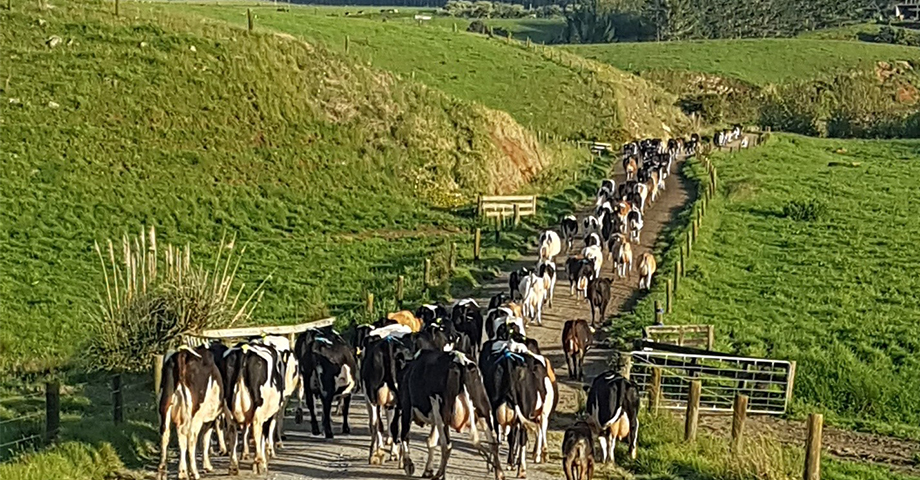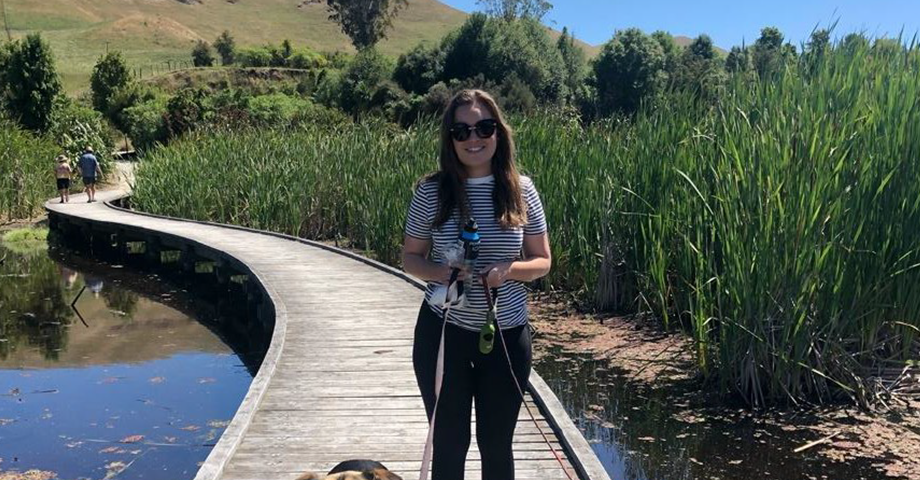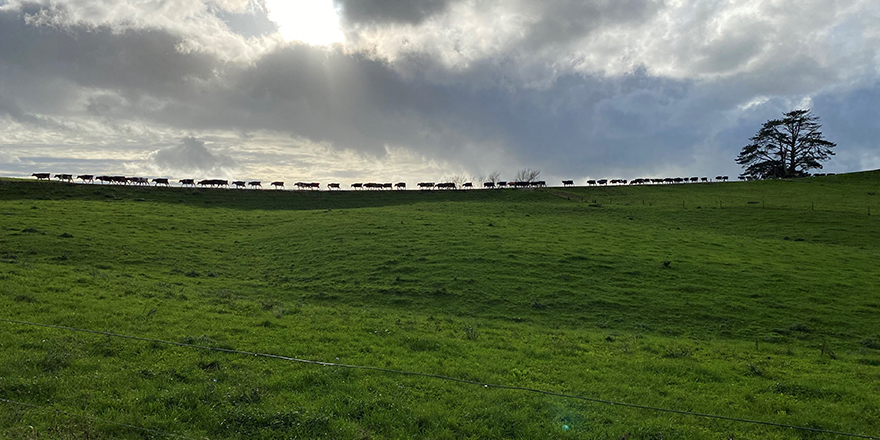Executive summary
Investment in time and capital to satisfy compliance requirements in the dairy industry is increasing year by year. While this is a necessary requirement to operate a business in our modern environment there is potential to create value out of this at the same time. Often when we look at disruptions we look for solutions as to how to get around them or avoid them rather than embracing the change and making the most of the opportunity.
The aim of this project was to investigate an opportunity to develop an audited farm assurance scheme in New Zealand. The process included looking at the existing programmes which have recently come to the market as well comparing the opportunity in New Zealand with what is in place in Ireland with Origin Green Ireland. DairyNZ’s Sustainable Milk Plans which have been used in different catchments across the country could also offer a template to be built on to develop an assurance programme.
While Synlait and Miraka have recently launched their assurance programmes in anticipation of demand from consumers as well as showcasing an opportunity to create extra value. This could be expanded and rolled out across all primary industries and also the tourism sector. There is a large amount of commonality in what the primary industries and tourism are focussed on and that is selling New Zealand products and experiences.
Based on findings from this study and looking at similar assurance schemes, the following recommendations could take the opportunity to the next level and should be investigated further.
- An assurance scheme committee should be started with representatives from supply companies, DairyNZ, Beef and Lamb, MPI, and other interested parties
- It will be wise to canvas farmers early and ensure that a majority of suppliers are in support of such a scheme to give it the required critical mass to get moving
- Marketers within supply companies should investigate the value of this increased brand value to determine a return for the scheme
- Logistical aspects of an assurance scheme would need to be sorted at the start of the project to ensure that the workload requirements are able to be met (data collection and auditing)
- It is important that the industry support (rural professionals) have the capability and capacity to handle the likely increased demand from farmers also
The next steps following this report in my view are –
- A meeting of interested parties should be gathered to further work through details of how such a farm assurance scheme could be implemented and funded (look to the case studies as examples of a template)
- There may be an opportunity to incorporate the Synlait and Miraka programmes under a New Zealand umbrella programme that satisfies the other requirements of a cross sector assurance scheme
- Once a clear and defined strategy has been established it will be important to get a group of influential and innovative farmers on board to ensure that a critical mass of product supply backs the initial proposal to ensure that a large majority (ideally all) of farmers are on board before any programme is launched
- Marketing will be important so any initial committee should consider getting suitably qualified marketing personnel on board to establish an easily recognisable brand to go along with the launch
While there would undoubtedly be some resistance to this opportunity by farmers seeing more compliance as a hassle, the reality is that most of what is being reported and audited is legally required to operate a business in New Zealand anyway. We need to stand back, have a critical look and identify the opportunity from challenges which are placed in front of us. All New Zealanders should strive to improve our environment and be excited about an opportunity to increase the value of our products by meeting an auditable standard.
Sam Williams



